There are a lot of things that surprise newcomers to anime. Why are the characters’ eyes so big? How come everyone has funky hair colors? What’s up with all the panty shots?
A lot of those have simple answers. The giant eyes are an influence from legendary manga artist Osamu Tezuka, who was in turn inspired by classic Disney designs. Anime artwork uses a relatively small number of lines in drawing faces, and a large palette of hair colors is a quick and easy way to differentiate otherwise similar-looking characters. Male anime fans in Japan are extraordinarily open about their love of undies.
With those questions out of the way, let’s take a look at something a bit less cut-and-dried: Why are there so many anime characters with non-Japanese names?


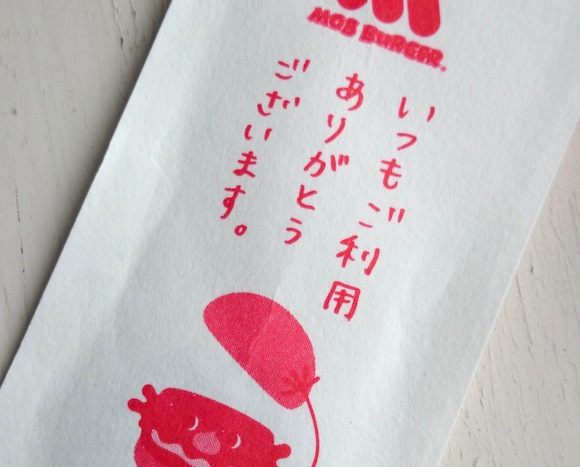

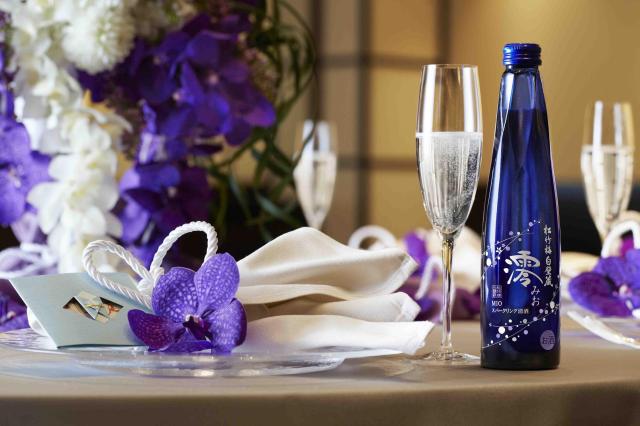



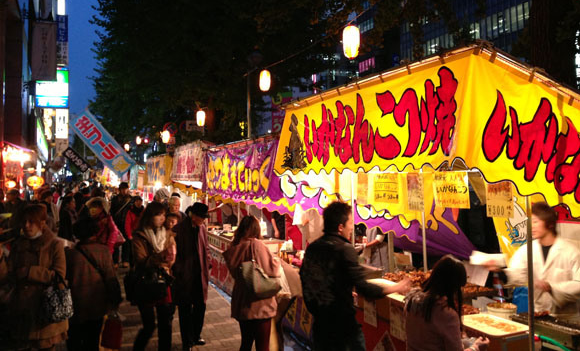
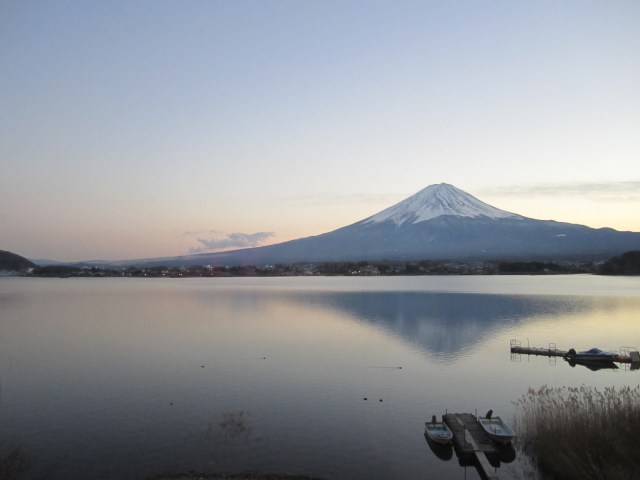

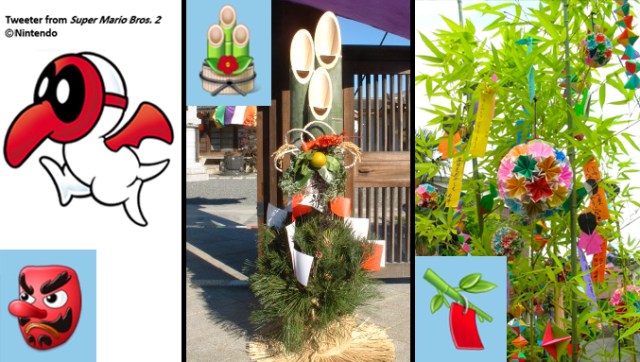
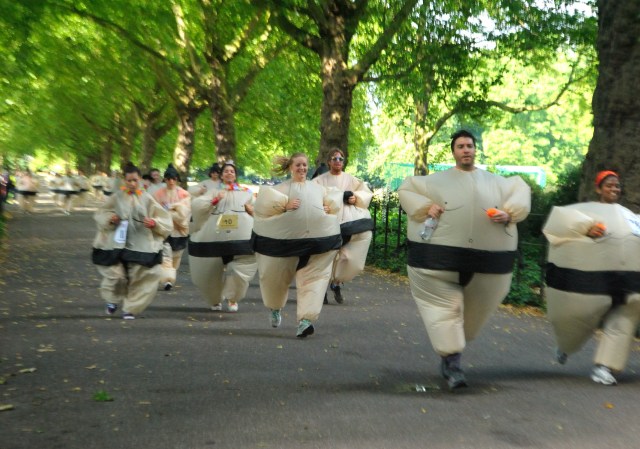
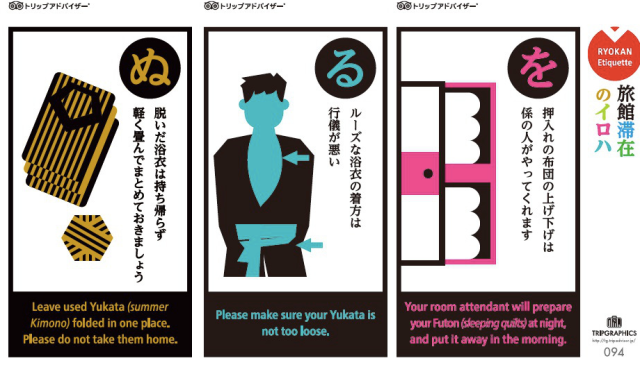

 Japan’s newest Shinkansen has no seats…or passengers [Video]
Japan’s newest Shinkansen has no seats…or passengers [Video] Foreigners accounting for over 80 percent of off-course skiers needing rescue in Japan’s Hokkaido
Foreigners accounting for over 80 percent of off-course skiers needing rescue in Japan’s Hokkaido Paying for prostitution isn’t illegal in Japan, but it could be soon
Paying for prostitution isn’t illegal in Japan, but it could be soon A look back on 40 years of Japanese schools banning stuff
A look back on 40 years of Japanese schools banning stuff Man in Japan takes four parakeets hostage in attempt to force woman to meet with him
Man in Japan takes four parakeets hostage in attempt to force woman to meet with him Man arrested in Japan after leaving car in coin parking lot for six years, racking up three-million-yen bill
Man arrested in Japan after leaving car in coin parking lot for six years, racking up three-million-yen bill Swapping seats on Japan’s bullet trains is not allowed, Shinkansen operator says
Swapping seats on Japan’s bullet trains is not allowed, Shinkansen operator says Japan manners debate: Is it OK to put a Mister Donut donut back on the shelf after taking it?
Japan manners debate: Is it OK to put a Mister Donut donut back on the shelf after taking it? We put the internet’s “techniques for emptying your bladder with morning wood” to the test
We put the internet’s “techniques for emptying your bladder with morning wood” to the test Daiso’s 100-yen ramen egg makers even better in smaller sizes
Daiso’s 100-yen ramen egg makers even better in smaller sizes Is China’s don’t-go-to-Japan warning affecting the lines at a popular Tokyo gyukatsu restaurant?
Is China’s don’t-go-to-Japan warning affecting the lines at a popular Tokyo gyukatsu restaurant? Three beautiful places to see Japan’s plum blossoms after starting your day in downtown Tokyo
Three beautiful places to see Japan’s plum blossoms after starting your day in downtown Tokyo Downloads of 39-year-old Guns N’ Roses song increase 12,166 percent thanks to Gundam
Downloads of 39-year-old Guns N’ Roses song increase 12,166 percent thanks to Gundam Take a trip to Japan’s Dododo Land, the most irritating place on Earth
Take a trip to Japan’s Dododo Land, the most irritating place on Earth Huge Evangelion Unit-01 head appearing in lights in Japan to celebrate anime’s 30th anniversary
Huge Evangelion Unit-01 head appearing in lights in Japan to celebrate anime’s 30th anniversary New Family Mart cinema opens inside Japanese airport
New Family Mart cinema opens inside Japanese airport Starbucks Japan releases new drinkware and goods for Valentine’s Day
Starbucks Japan releases new drinkware and goods for Valentine’s Day Japan releases first official sakura cherry blossom forecast for 2026
Japan releases first official sakura cherry blossom forecast for 2026 Archfiend Hello Kitty appears as Sanrio launches new team-up with Yu-Gi-Oh【Pics】
Archfiend Hello Kitty appears as Sanrio launches new team-up with Yu-Gi-Oh【Pics】 China’s don’t-go-to-Japan warning looks to be affecting tourist crowds on Miyajima
China’s don’t-go-to-Japan warning looks to be affecting tourist crowds on Miyajima Studio Ghibli releases new “komorebi” plush toys from Princess Mononoke and Spirited Away
Studio Ghibli releases new “komorebi” plush toys from Princess Mononoke and Spirited Away Yokai are descending upon Tokyo this spring in the latest immersive art experience
Yokai are descending upon Tokyo this spring in the latest immersive art experience Japan’s Naruto theme park now offering real-world version of Minato’s kunai ninja weapon
Japan’s Naruto theme park now offering real-world version of Minato’s kunai ninja weapon New Studio Ghibli stamps leave an impression on your stationery…and your heart
New Studio Ghibli stamps leave an impression on your stationery…and your heart Survey asks foreign tourists what bothered them in Japan, more than half gave same answer
Survey asks foreign tourists what bothered them in Japan, more than half gave same answer Japan’s human washing machines will go on sale to general public, demos to be held in Tokyo
Japan’s human washing machines will go on sale to general public, demos to be held in Tokyo We deeply regret going into this tunnel on our walk in the mountains of Japan
We deeply regret going into this tunnel on our walk in the mountains of Japan Studio Ghibli releases Kodama forest spirits from Princess Mononoke to light up your home
Studio Ghibli releases Kodama forest spirits from Princess Mononoke to light up your home Major Japanese hotel chain says reservations via overseas booking sites may not be valid
Major Japanese hotel chain says reservations via overseas booking sites may not be valid Put sesame oil in your coffee? Japanese maker says it’s the best way to start your day【Taste test】
Put sesame oil in your coffee? Japanese maker says it’s the best way to start your day【Taste test】 No more using real katana for tourism activities, Japan’s National Police Agency says
No more using real katana for tourism activities, Japan’s National Police Agency says Starbucks Japan reveals new sakura drinkware collection, inspired by evening cherry blossoms
Starbucks Japan reveals new sakura drinkware collection, inspired by evening cherry blossoms Updated cherry blossom forecast shows extra-long sakura season for Japan this year
Updated cherry blossom forecast shows extra-long sakura season for Japan this year Man arrested in Japan after leaving car in coin parking lot for six years, racking up three-million-yen bill
Man arrested in Japan after leaving car in coin parking lot for six years, racking up three-million-yen bill Swapping seats on Japan’s bullet trains is not allowed, Shinkansen operator says
Swapping seats on Japan’s bullet trains is not allowed, Shinkansen operator says Japan manners debate: Is it OK to put a Mister Donut donut back on the shelf after taking it?
Japan manners debate: Is it OK to put a Mister Donut donut back on the shelf after taking it? We put the internet’s “techniques for emptying your bladder with morning wood” to the test
We put the internet’s “techniques for emptying your bladder with morning wood” to the test Daiso’s 100-yen ramen egg makers even better in smaller sizes
Daiso’s 100-yen ramen egg makers even better in smaller sizes Downloads of 39-year-old Guns N’ Roses song increase 12,166 percent thanks to Gundam
Downloads of 39-year-old Guns N’ Roses song increase 12,166 percent thanks to Gundam A spotlight on Japanese singles figure skating: Jumping into the 2026 Olympics【Pt. II】
A spotlight on Japanese singles figure skating: Jumping into the 2026 Olympics【Pt. II】 Is it possible to run up a 100,000-yen (US$885) bill at Tokyo’s cheapest Italian restaurant?
Is it possible to run up a 100,000-yen (US$885) bill at Tokyo’s cheapest Italian restaurant? Satisfy your sweet tooth with cheesecake and more all-you-can-eat sweets at Cheese Garden
Satisfy your sweet tooth with cheesecake and more all-you-can-eat sweets at Cheese Garden Hokkaido has an Ice Festival that’s less famous than the Snow one, but beautiful in its own way
Hokkaido has an Ice Festival that’s less famous than the Snow one, but beautiful in its own way Pizza Hut x Tamagotchi collaboration features first-ever pink-dough pizza
Pizza Hut x Tamagotchi collaboration features first-ever pink-dough pizza We followed Tokyo’s mystery walking map and ended up creating our own bar-hopping adventure
We followed Tokyo’s mystery walking map and ended up creating our own bar-hopping adventure New adults go wild at Seijinshiki Coming-of-Age ceremony in Kitakyushu, Japan 【Photos】
New adults go wild at Seijinshiki Coming-of-Age ceremony in Kitakyushu, Japan 【Photos】 Back in Japan by popular demand: Ice cream that looks exactly like a roasted sweet potato
Back in Japan by popular demand: Ice cream that looks exactly like a roasted sweet potato